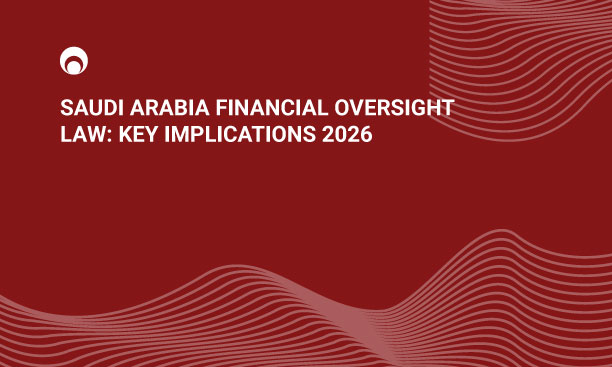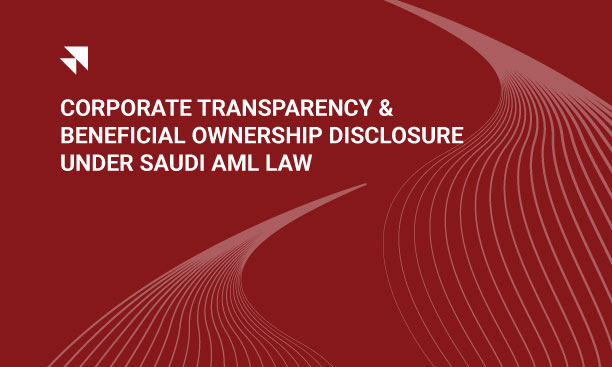ZATCA collects Zakat Tax annually from individuals and businesses. This complies with Sharia law. The goal is to support the Kingdom’s economic advancement. For companies, Zakat is calculated at 2.5%. This rate applies to zakatable assets—wealth items subject to zakat. As the issuer of Saudi Arabia’s Zakat Tax Law, ZATCA plays a key role. It oversees zakat collection and manages tax-related matters in the Kingdom. The authority ensures compliance with zakat regulations and effectively administers the process.
Who is Subject to the Zakat Collection Law?
The Zakat Tax Law primarily covers individuals and entities that must pay zakat. This form of Islamic almsgiving obligates those who meet specific eligibility criteria based on their wealth, assets, and income. The following groups fall under this law:
- Individuals: Zakat is mandatory for Muslims who meet the criteria based on their financial standing—particularly those who possess the minimum wealth threshold and have held that wealth for a complete lunar year.
- Businesses: Corporate entities must fulfill zakat obligations calculated from their zakatable assets.
- High-Net-Worth Individuals: Those with substantial wealth, investments, and assets are subject to zakat.
- Islamic Financial Institutions and Charities: These organizations contribute to zakat under the same Islamic principles that govern individual payments.
- Zakat Collection Authorities: Entities that oversee the collection process also fall under the law’s jurisdiction.
Summary of the Zakat Tax Law’s Purpose
In summary, the Zakat Tax Law creates a clear framework for zakat collection. It ensures individuals and businesses contribute to society’s welfare. This system follows Islamic principles. ZATCA supervises the entire process.
Royal Decree No. 17/2/28/8634, 1951: Legal Basis and Scope
The Zakat Tax Law, established under Royal Decree No. 17/2/28/8634, 1951, outlines the framework for the collection of zakat, a form of almsgiving treated as a religious obligation in Islam. This law is essential for ensuring that both individuals and companies contribute to the welfare of society.
The law stipulates that its provisions apply to individuals and companies that do not possess Saudi nationality. This inclusion emphasizes that the obligation to fulfill zakat responsibilities extends beyond Saudi citizens, highlighting the inclusive nature of the law in promoting communal support.
Zakat Tax for Saudi Nationals
Conversely, Article 2 specifies that authorities collect zakat from individuals and companies holding Saudi nationality, in accordance with Islamic law (Sharia). This provision reinforces the idea that all citizens bear a responsibility to contribute to societal welfare through zakat. Authorities calculate zakat based on their wealth and zakatable assets. This consistency ensures that the zakat tax collection process applies and enforces the principles following established guidelines.
The final article requires authorities to communicate the Decree to those responsible for implementation. This ensures relevant authorities receive clear information and can properly perform their duties in collecting and distributing zakat tax.
See also: Corporate and Income Tax Obligations in Saudi Arabia Under the Evolving Fiscal Framework
Conclusion
The Zakat Tax Law in Saudi Arabia establishes a foundational legal framework for zakat collection. Importantly, it recognizes the contributions of both Saudi nationals and non-Saudis to community welfare. Furthermore, by setting clear collection guidelines, the law not only ensures compliance with Islamic zakat principles but also promotes social responsibility.
As such, it plays a vital role in fostering a culture of giving and support within society.
This article offers a general overview of the subject matter and is not a substitute for legal advice. For tailored guidance based on your specific circumstances, we recommend seeking professional consultation.
If you choose us to support your specific issue, please do not hesitate to contact us using Inquiries Form or by sending an email to info@ahysp.com
FAQs
Zakatable assets refer to types of wealth and property that are subject to zakat under Islamic law.
These typically include:
– Cash and bank savings.
– Gold and silver.
– Business inventory and trade goods.
– Investment shares or portfolios.
– Rental income (if applicable).
For assets to qualify as zakatable, they must meet the nisab threshold and remain in the owner’s possession for one full lunar year.
Eligibility to receive zakat is defined by Islamic principles.
The recipients include:
– The poor (al-fuqara);
– The needy (al-masakin);
– Those in debt;
– Stranded travelers;
– Individuals working in zakat administration;
– New Muslims or those whose hearts are to be reconciled;
– Those fighting in the cause of Allah;
– Slaves seeking to free themselves;
On the other hand, zakat payers are Muslims whose wealth reaches the nisab threshold and has been held for a full lunar year.
To receive zakat from Saudi Arabia, individuals or families in need must apply through officially registered organizations. These include: local zakat committees, government-approved Islamic charities, and licensed humanitarian institutions. All approved organizations manage and distribute zakat funds under strict government oversight.
Yes, while zakat is traditionally due once per lunar year, it is acceptable to pay zakat in monthly installments. What matters is that the full amount is paid within the zakat year. This can make it easier to manage larger obligations over time.
Zakat can be paid directly to authorized charitable organizations or through official online portals approved by ZATCA in Saudi Arabia.






